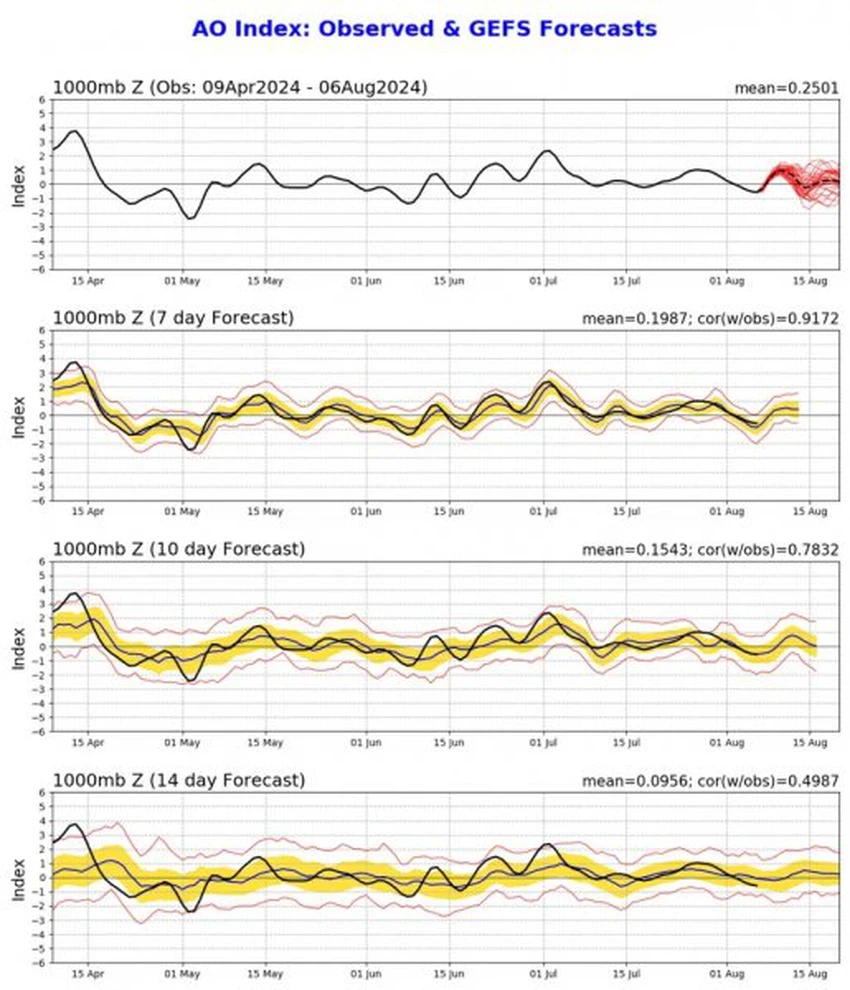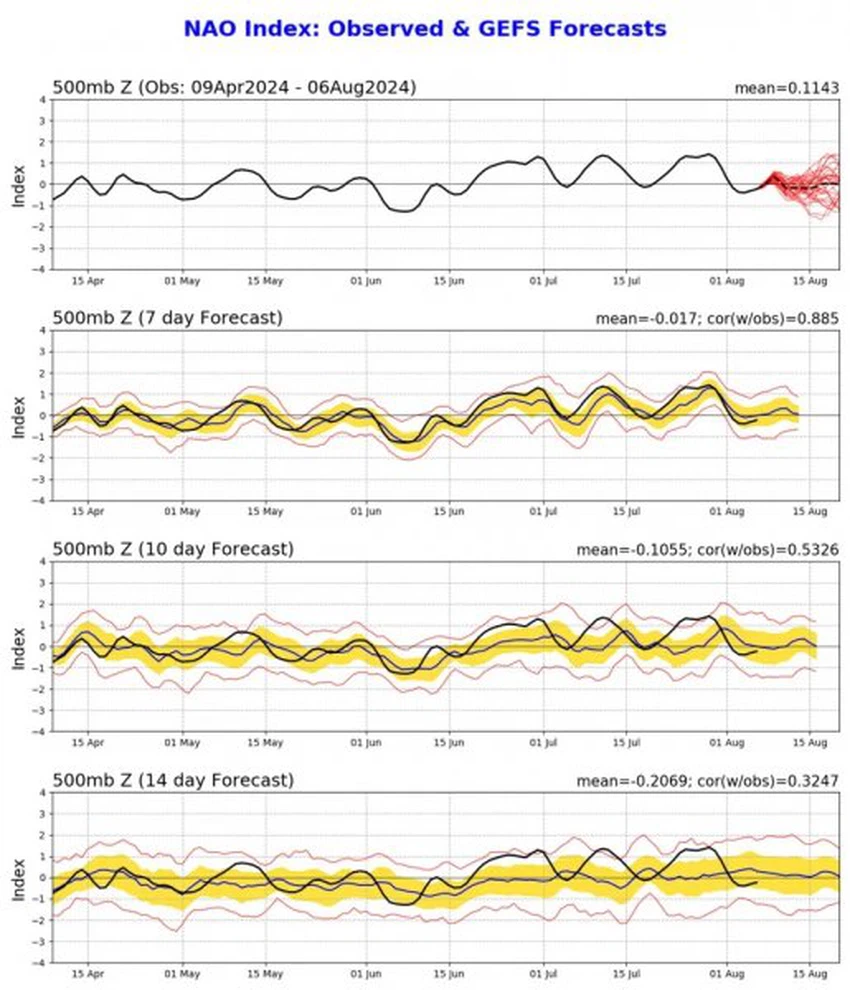Jordan in Summer 2024: Weather factors keep away severe heat waves
Arab Weather - Jordan's climate is known for its diversity between the seasons, as the country experiences clear seasons that include cold winters and hot summers. Although summer is characterized by high temperatures, Jordan often goes through normal summer periods characterized by relatively moderate temperatures compared to other areas in the region. In this report, we will review the current weather situation in Jordan during the summer, focusing on the absence of severe heat waves that may negatively affect daily life.
Current weather conditions in Jordan
Normal Summer Temperatures
Meteorologists at the Arab Weather Center said that over the past few weeks, Jordan has witnessed stable and usual summer weather. Maximum temperatures in major cities ranged between 30 and 35 degrees Celsius, with slightly higher temperatures recorded in the Jordan Valley and the Dead Sea, which usually experience higher temperatures due to their lower levels. These values are within the normal range for this time of year, and reflect relatively stable weather conditions with no signs of extreme temperatures.
Effects of air masses
Air masses coming from the Arabian Peninsula affect Jordan during the summer. Although these air masses may bring with them high temperatures, their impact on Jordan has been limited in recent times. These air masses did not penetrate deep enough to cause severe heat waves, but their impact was limited to a slight and temporary rise in temperatures, which kept the atmosphere within the normal summer range.
The absence of severe heat waves is normal in the Kingdom's climate and is unusual for them to recur.
Despite the high temperatures during the summer, Jordan has not yet witnessed severe heat waves. This is normal for summer in Jordan, as temperatures have remained within their usual rates to slightly higher. Heat waves, which are usually defined as a significant and continuous increase in temperatures above normal rates for several consecutive days, were not present this year. This is due to the balance of the surrounding weather factors, as the region was not exposed to strong hot air flows from the south, nor to significant increases in atmospheric pressure that could increase the severity of temperatures.
Future outlook: Summer continues as normal without severe heat waves
Weather models at the Arab Weather Center indicate that this stable pattern will continue during the coming weeks, as temperatures are expected to remain within the normal rates for this time of year. Although there may be short periods of high temperatures and temperatures above their normal rates, these periods will not develop into severe heat waves.
In light of the above, it can be said that Jordan is currently experiencing normal and stable summer weather, which is normal for summer, without severe heat waves. This stability reflects the balance of weather factors affecting the region.
For those interested and specialists: The behavior of the atmosphere over the North Pole helps in the absence of heat waves in the Kingdom
In a study conducted by weather experts at the Arab Weather Center, on the behavior of the atmosphere over the North Pole and the movement of air masses since the beginning of last July until now, a calm was observed in the movement of air pressures over the North Pole, specifically the Greenland region, and the North Pole Oscillation recorded light to neutral wave values, as this oscillation often allows the continued movement and activity of the polar jet stream around the North Pole and thus its chain of movement of cold air masses around the North Pole, as shown in this graph from NOAA:
Arctic Oscillation AO

North Atlantic Oscillation NAO

Weather forecasters at the Arab Weather Center said that the movement of atmospheric pressures over the North Pole contributed to the continued undulation of the polar jet stream and its lack of concentration in a specific area in the northern hemisphere, as studies indicate that the undulation of the polar jet stream contributes to the continued rush of cold air masses from the North Pole and their throwing eastward towards Russia and eastern Europe, thus benefiting from the upper refractions, which reach the eastern Mediterranean and the Levant in the form of air masses with lower temperatures and act as a barrier to the tropical high centered over the Arabian Peninsula.
God knows best.
Jordan | Snow in the Dead Sea and accumulation of one meter in the capital Amman!
Arabia Weather App
Download the app to receive weather notifications and more..



